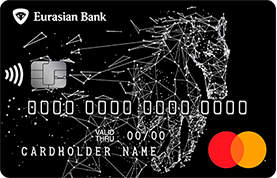Fraudsters are constantly adapting their schemes and looking for new ways of cheating. They call schoolchildren, use live streaming on social media, send fake fines and forge documents of state bodies. Therefore, it is especially important today to be attentive to any requests for personal information.
Fraudsters Call Schoolchildren
The Committee for the Protection of Children’s Rights has recorded cases when scammers call schoolchildren and introduce themselves as teachers. Under the pretext of “re-issuing the student’s electronic record book”, they demand an SMS code from the child, which allows them to get access to the parents’ bank accounts.
It is important to remember that no teacher or school employee will demand such data from the child. Parents should communicate the safety rules to their children and maintain a confidential relationship with them so that children feel comfortable to tell about a suspicious call.
Dangerous Social Media Streams
A young man who created a new scheme of deception through live streaming was detained in the East Kazakhstan region. He tracked the streams containing accidentally shown SMS messages with messenger verification codes. After logging in to other people’s accounts, he sent messages to the contacts of his victims asking them to borrow money.
Tip: During the live stream, do not show your phone screen and activate two-factor authentication for your account.
Fake Fines from the State Bodies
The Prosecutor General’s Office has warned about fake traffic fines. Emails and messages contain drivers’ details, as well as a payment link. In fact, it’s a phishing attack: if you enter the bank details, fraudsters gain access to your bank account.
Please keep in mind that official notifications are only sent from number 1414 and do not contain any links. To check fines, go only to egov.kz, qamqor.gov.kz or use mobile banking apps.
Fake Letters from the FMA
The Financial Monitoring Agency (FMA) has recorded new fraud cases, when scammers send letters and make phone calls introducing themselves as FMA employees. They demand to provide your personal data or transfer money. To be persuasive, they use fake forms and seals.
It is important to know: the FMA neither make phone calls to citizens, nor demand any data by phone and money transfers.
Eurasian Bank encourages its customers to be cautious and, if any doubts, immediately contact the bank or the police.





